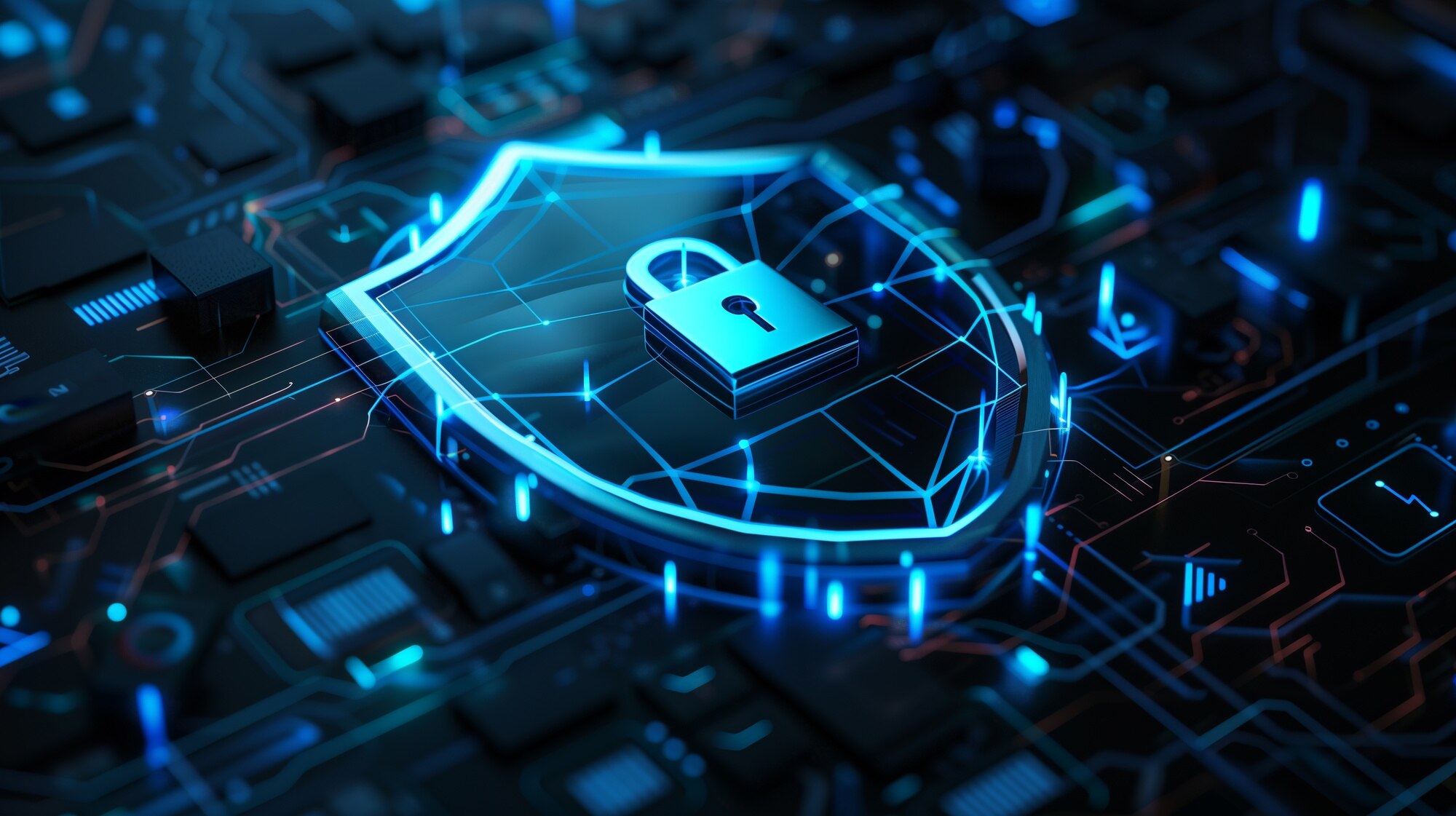
Recent developments from Shanghai University have stirred the tech community with claims of breaking RSA encryption algorithms crucial to banking, military, and cryptocurrency applications. Despite the buzz, these claims, as critiqued by the tech commentator Mental Outlaw, don’t yet pose a threat to the robust encryption standards employed today.
The university’s experiment involved using a quantum computer to factorize the integer 2,269,753, surpassing previous quantum efforts but still trailing far behind the capabilities of classical computers. Notably, the quantum computer managed to break only a 22-bit key, whereas classical computers have decrypted up to an 892-bit key, requiring far greater computational effort.
Limitations of Quantum Computers
Despite the advancements, several significant limitations of quantum computing remain. Quantum bits, which are the foundation of quantum computing, require extremely low temperatures to function effectively, involving complex and expansive cooling systems. Furthermore, a considerable amount of a quantum computer’s processing power is consumed in correcting its own errors, limiting its efficiency for practical applications.
The tech industry is proactively addressing the potential future threats posed by quantum computing. Major financial and tech companies are pioneering quantum-resistant technologies to fortify their systems against an anticipated quantum future:
- HSBC has initiated trials of quantum-resistant infrastructure to enhance banking security.
- Collaborations between giants like IBM Quantum and Microsoft aim to develop encryption methods that could withstand quantum decryption techniques.
- Apple’s recent update to make iMessage quantum-resistant reflects a broader industry trend towards securing communications for the post-quantum era.
Encryption in the Quantum Age
While today’s quantum technology does not invalidate current encryption standards, the rapid evolution in quantum computing necessitates ongoing vigilance and innovation in cybersecurity. It is essential for cybersecurity practices to evolve in tandem with quantum advancements to ensure data integrity and security.
Quantum computing holds transformative potential but currently remains in a nascent stage with respect to impacting encryption technologies significantly. The industry’s forward-looking response underscores the critical need for continual adaptation in cybersecurity measures. As quantum technology progresses, it will be crucial to monitor its impact on encryption and data security to safeguard against future vulnerabilities.
Featured image credit: Freepik
Follow us for more breaking news on DMR
